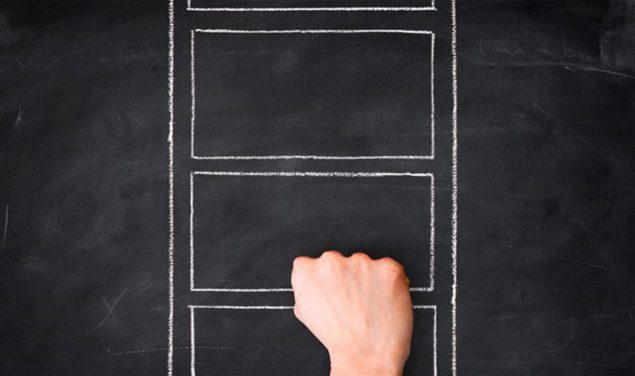What’s in your coaching kitbag?


Sir John Whitmore in his preface to “Challenging Coaching” by John Blakey and Ian Day states:
“A coach’s task and responsibility are to benefit not only the coachee, but also the client company and all of society too… Anything that is appropriate in the moment to help a person move from A to B is coaching.”
That started me thinking- what tools should I take to a coaching session to ensure that I can ensure that “anything that is appropriate” is delivered?
It goes without saying that context is king and the coach must take into account their own personality and preferences, as well of those of the coachee. Similarly the environment in which the coaching is taking place may also impact on the tools that can be used- but may well also be used to provide some of the tools.
Here are my thoughts for the coaching kitbag:-
- Bag – well, the kit has to fit into something hasn’t it? The likelihood is that whilst the Bag for Life from the local supermarket may be doing your bit to help with the environment. It isn’t likely to cut it with your clients. Remember first impressions are made in seconds but last for much longer! Whilst it doesn’t have to be a designer label, make sure that the bag is professional and practical for the purposes for which you need it… and big enough for all your needs.
- Coaching Agreement and Code of Ethics – always useful to take along a copy of the coaching agreement that is being used for the particular coachee. Can serve as a useful reminder for coach and coachee as to what the parameters are and also what each can expect from the other. Similarly with the Code of Ethics.
- Coaching Profile and/or Business Cards – always to hand in case an opportunity to promote your coaching services arises.
- Technology – in this fast moving hi-tech age – as well as making sure you have your smartphone and/or tablet/laptop, do not forget your plugs to charge them up, or invest in a mobile power pack to provide a handy backup. As another “just in case” do you need a portable hard drive to back up the work you do in a session to avoid losing the material?
- 1970s Laptop (also known as a notebook) – always useful to have as it can serve many purposes – capturing “gems” in the session and also serving as a memory jogger to write up your own reflective journal after the session.
- Pens – make sure to take a pen and also have a spare. Like the bag. Do not ruin your professional image with a cheap and cheerful pen. Get a decent pen – “because you’re worth it!!”
- Plain Paper – plain paper is great if you are going to be using the “scaling” tool. It may also be useful to use if the opportunity arises to use other VAK styles- such as drawing a visual representation of the issue and/or capturing metaphors pictorially. Also useful for passing to the coachee to record the agreed actions on.
- Coloured Pens/Pencils – great to use a variety of colours when using scaling etc. as mentioned above. Different colours can be useful in reinforcing with the coachee the different stages covered and variety of actions agreed.
- Diary – if you are not using technology as an alternative, remember to take the diary to capture next appointments and keep track of all your commitments.
- “Thought Provokers” – there is an absolute myriad of accessories/ merchandise that can be used for coaching interventions – for example coaching cards providing sample questions; tools/techniques . Also bear in mind that there are free resources that can be accumulated by you – for example, collecting pebbles or other indicators to use as a tactile scaling model. If you are an accredited user of tools or models, for example MBTI, FIRO B etc., there may be support materials that you need to take to draw upon as well.
- Stickers/Post It Notes – again a different method to highlight issues and/or actions.
- Dictaphone/Recorder – what are your supervision arrangements? What is your own reflective practice regime? May be useful to take a Dictaphone /recorder to record the session and reflect back thereon. Bear in mind the need to contract specifically about this with the coachee and also explain clearly what will happen to the recording, how it will be stored, length of retention etc. Also keep in mind Data Protection Act obligations. A dictaphone is also a great alternative to the notebook in capturing after the session your thoughts and key points.
- Coach – remember that you are the key “tool” that the coachee will be relying upon in the session. Make sure you are focused, energised and “in the zone” for the coachee.
- Timepiece – how are you going to keep track of the session length- watch, travel clock etc.You will need to ensure it is something big enough to be seen, but not too big to create an interference or distraction.
- Tissues – emotional reactions are not uncommon in coaching conversations. A pack of travel tissues can be useful in acknowledging the emotion in a quiet, understated and empathetic manner.
- Refreshments – doing a long session, or sessions, bear in mind the need for you to keep your energy levels up. A healthy snack or a piece of fruit and some water may be useful in ensuring that you retain your focus and energy.
Those are my starters for ten ……..what are your thoughts?






